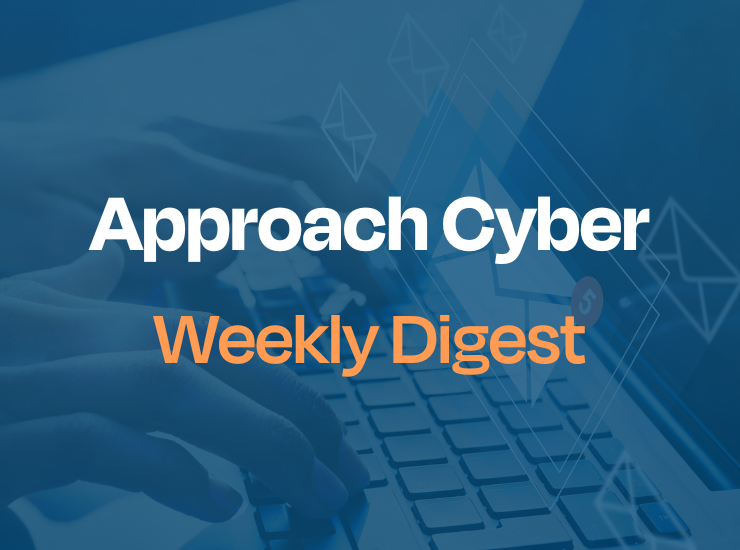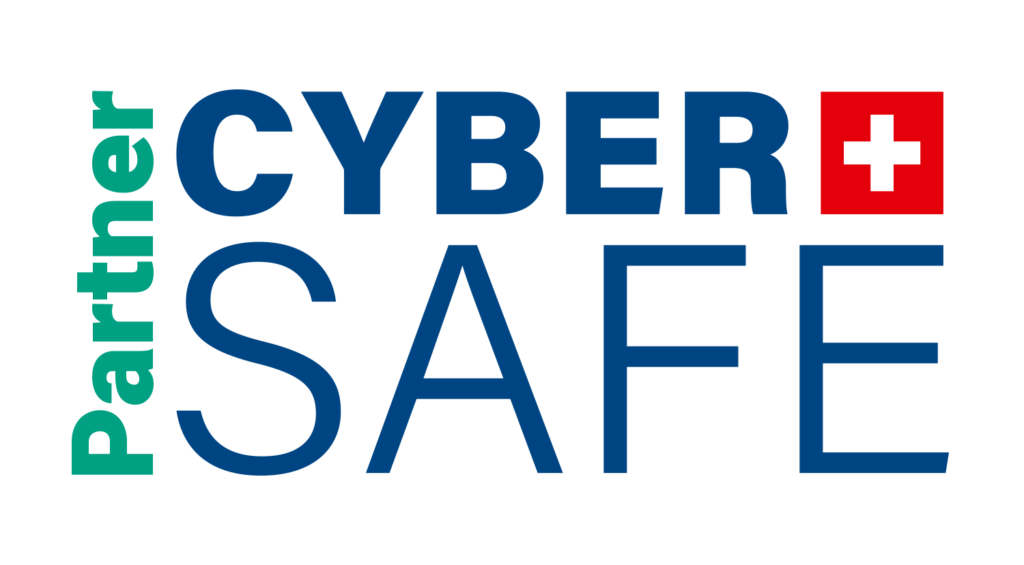Featured Story
Check Point Warns of Zero-Day Attacks on its VPN Gateway Products

Check Point has disclosed a zero-day vulnerability affecting its Network Security Gateway products, including CloudGuard Network, Quantum Maestro, Scalable Chassis, Security Gateways, and Spark appliances. The flaw, tracked as CVE-2024-24919 (CVSS 7.5), allows attackers to read certain data from gateways with remote access VPN or mobile access enabled.
The CVE-2024-24919 vulnerability is already under active exploitation. VPNs remain a key target for attackers, making this a critical patching priority. Follow Check Point’s latest FAQ for remediation guidance and apply updates as soon as possible.
Other Stories
Experts Found a macOS Version of the Sophisticated LightSpy Spyware
ThreatFabric researchers have discovered a macOS variant of the LightSpy spyware, active in the wild since at least January 2024. It uses two exploits—CVE-2018-4233 and CVE-2018-4404, the latter seemingly sourced from the Metasploit framework—to deploy implants with 10 active plugins for data exfiltration.
The myth that macOS is immune to malware still misleads many users. While it is more secure by design, it’s not invulnerable. This case reinforces the need to keep systems up-to-date and stay cautious with downloads, especially for Apple users who may feel falsely secure.
WARNING: Critical and High Vulnerabilities in D-Link D-View Can Be Exploited to Execute Code. Patch Immediately!
Four critical flaws—CVE-2024-5296, 5297, 5298, and 5299—were reported in D-Link D-View 8, a widely used network monitoring platform. The issues affect software versions prior to v2.0.3.88 and can compromise confidentiality, integrity, and availability. There is no current sign of active exploitation.
Network monitoring tools can become an attacker’s playground if compromised. Patch to v2.0.3.88 immediately and ensure these tools are isolated and properly configured. They offer attackers insight into infrastructure layout, connected systems, and vulnerabilities.
Tax Season Begins: Beware of Fraudulent Messages
Scammers are sending fake tax messages impersonating FPS Finance, My eBox, or regional tax services. These messages claim missing data or refunds and include links to phishing sites. Recipients are advised not to click and to report the emails instead.
Tax season is prime time for phishing campaigns. As always, never click links in unsolicited emails. Instead, navigate directly to the official tax site or app. If in doubt, forward the message to:
verdacht@safeonweb.besuspect@safeonweb.besuspicious@safeonweb.be
Our SOC is also available to help verify suspicious communications.






